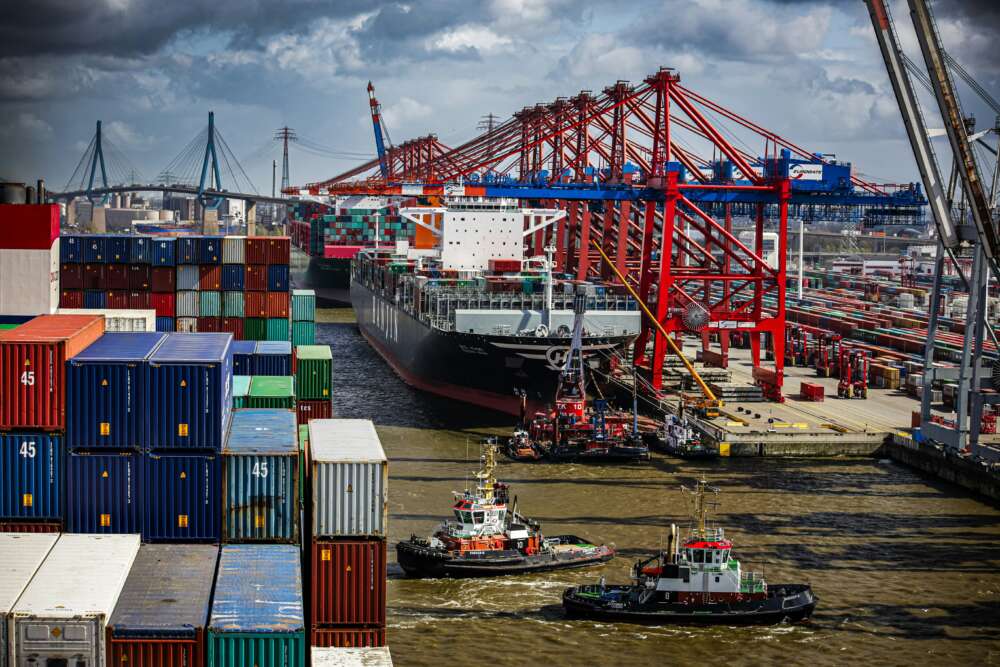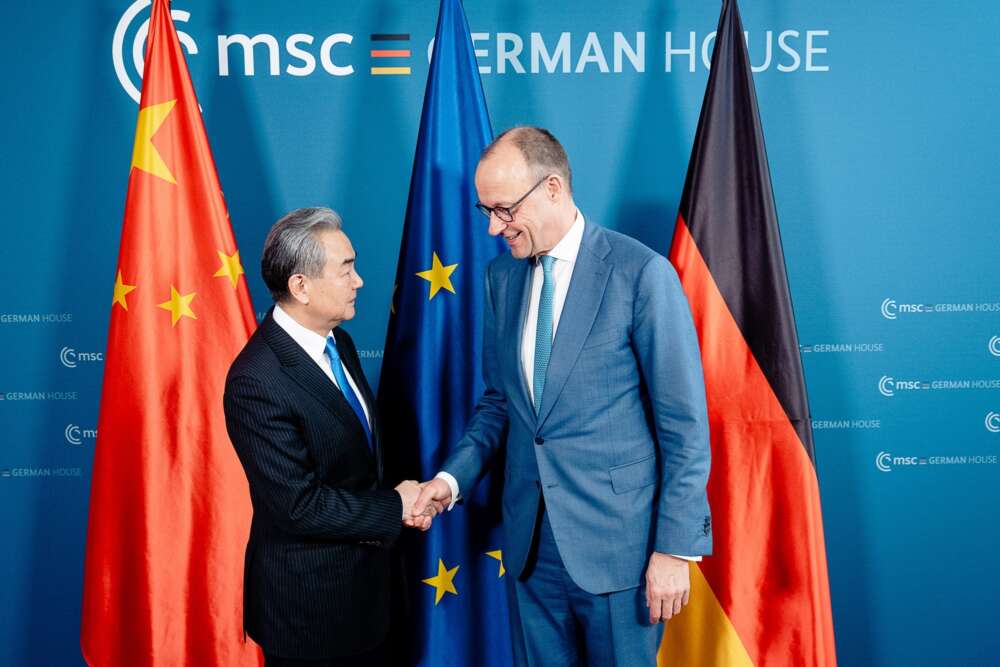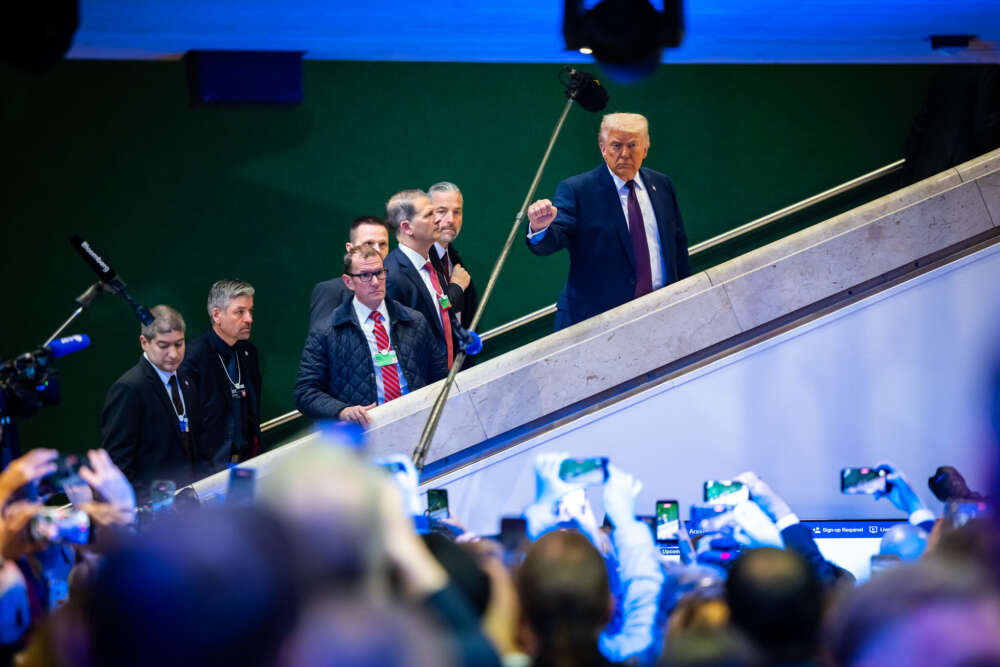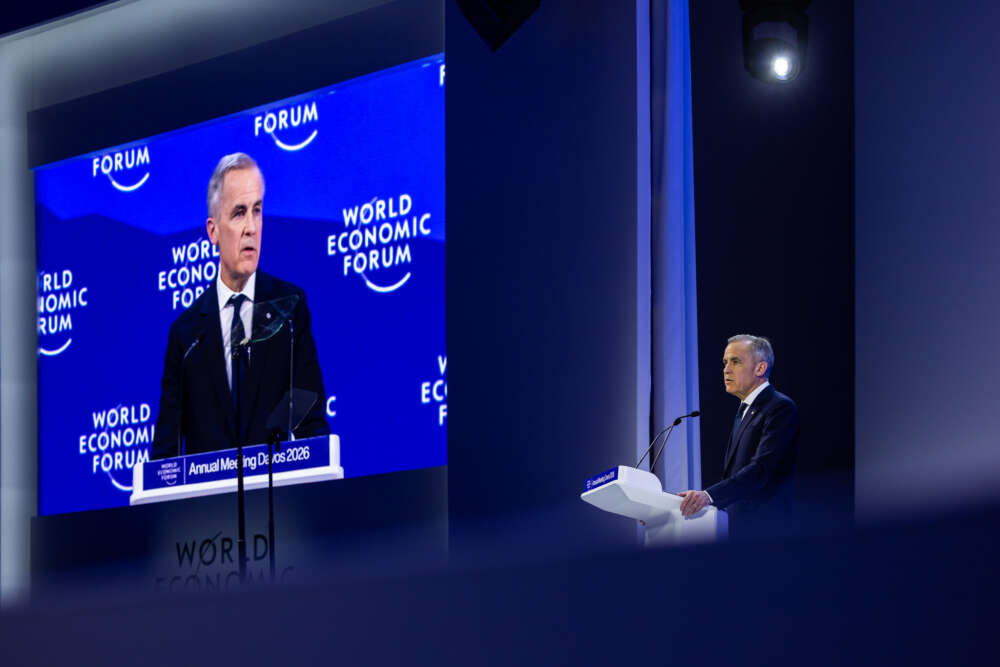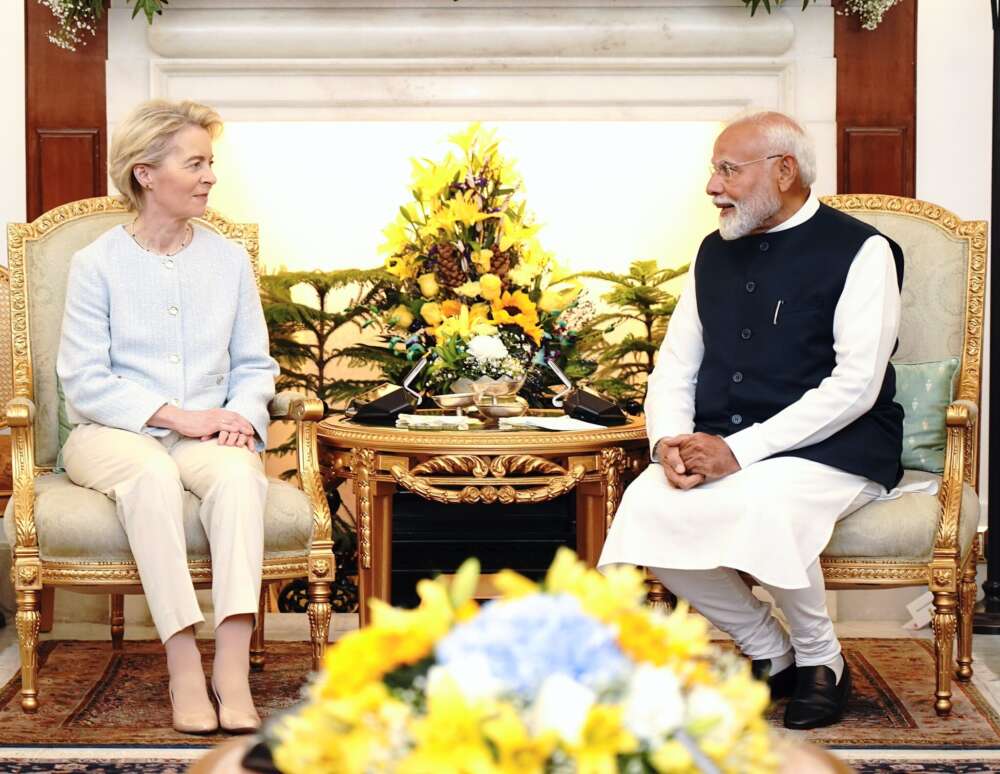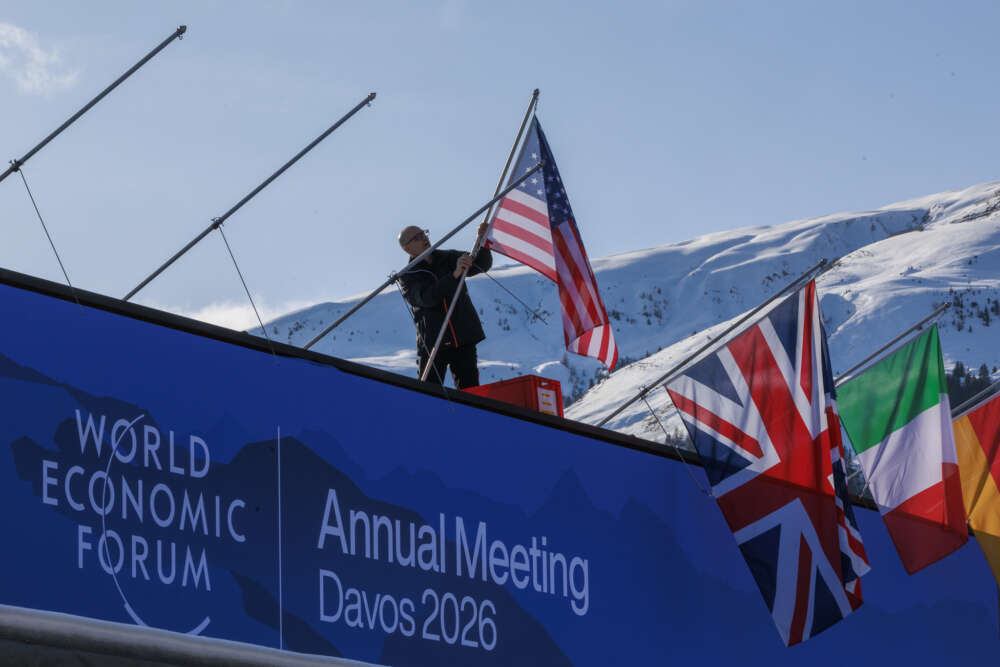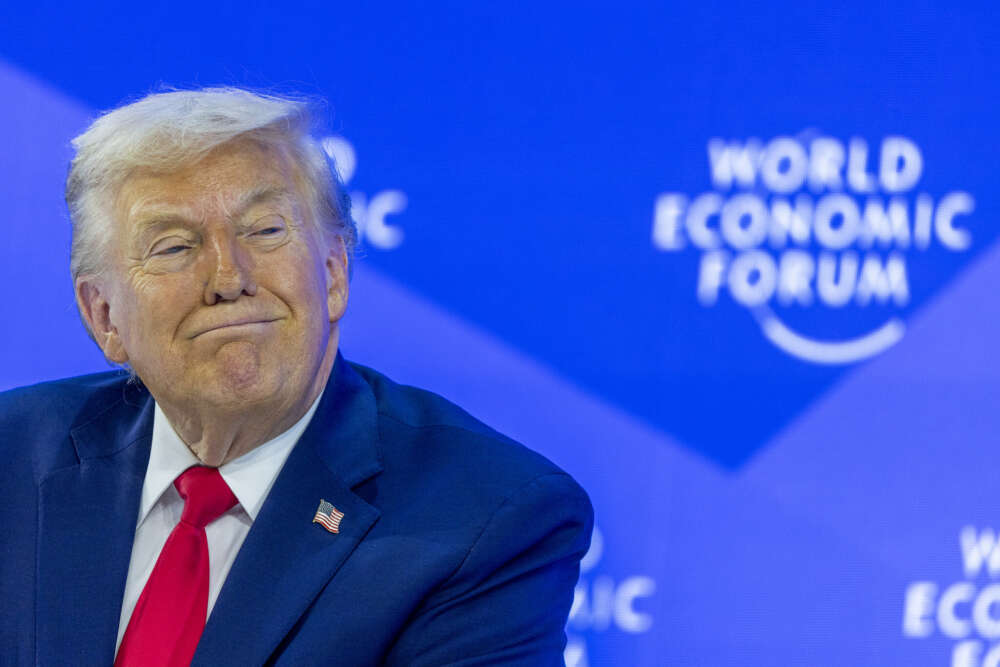Turning the Tables on Cosco
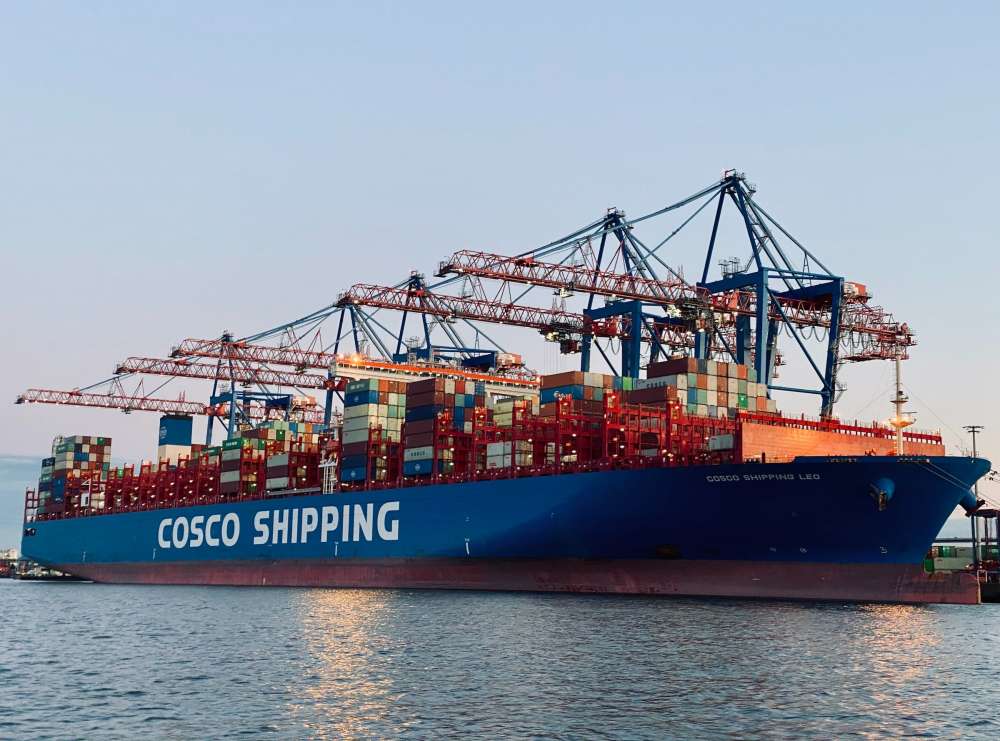
Recently, German Foreign Minister Annalena Baerbock told business leaders that, with China, Germany cannot afford to repeat its mistake of “acting based on the ‘Business First’ principle without taking into account the long-term risks and dependencies.” The German government will soon have the chance to prove whether it learned this key lesson from Germany’s abysmally-failed Russia policy. By the end of October, Berlin plans to decide whether to allow Chinese shipping company Cosco to purchase a 35 percent stake in a terminal in Germany’s most important port, Hamburg. Ports are critical infrastructure: It would be unwise to allow an increasingly hostile authoritarian power – which regularly uses economic dependencies for political coercion – partial or full control of any element of its critical infrastructure.
Robert Habeck, Germany’s Minister for Economic Affairs, understands this point. Habeck has publicly stated that he leans toward blocking the Cosco deal. All relevant German ministries have already signed off on a draft decision to be presented at the Federal Cabinet in favor of a Cosco ban – much to the chagrin of Hamburg’s Social Democratic Lord Mayor Peter Tschentscher. Tschentscher sharply criticized Habeck, claiming that a ban would mean “a one-sided competitive disadvantage for Hamburg compared to Rotterdam and Antwerp, where Cosco already owns stakes in terminals.” According to reports, German Chancellor Olaf Scholz is dead set on doing the Social Democrats in his home city the favor of greenlighting the transaction. The German Chancellory reportedly blocked the ministries’ draft decision from making it on the agenda for the next cabinet meeting. If no federal decision is taken by the end of October, this would automatically mean a green light for the deal. Doing so would be a grave political mistake. Instead, Scholz should commission Minister for Economic Affairs Habeck to work with Hamburg and its major EU competitors on a European Port Initiative that could improve Europe’s long-term competitive position vis-à-vis Cosco.
The competition that Hamburg’s mayor is defending is an absurd piece of theater. European ports, which are all publicly owned, are being played off one another by a Chinese state-controlled company, both on the home market and internationally. Cosco is a crown jewel of Chinese state capitalism and a direct instrument of the Communist party-state. In addition, it is an extremely well-run company seeking a dominant position globally through acquisitions and integrated data and goods flows, all while taking advantage of the economies of scale of its closed-off home market. Cosco is set up to make profits, while at the same time serving China’s global political, economic and military ambitions. Where necessary, the company can also serve as a tool of political coercion. Cosco has already acquired stakes in a large number of European terminals. In Greece, the company has even managed to take over full control of the Port of Pireaus, starting from a minority stake and later turning the peripheral port into one of Europe’s leading shipping harbors. Germany helped to facilitate Cosco’s Piraeus take-over by imposing austerity policies on Greece during the Euro crisis, which incentivized the Greek government to privatize public infrastructure.
Angela Titzrath, CEO of Hamburg’s HLLA port operator, and Lord Mayor Tschentscher have tried to sell themselves to Beijing as “end points of the Silk Road.” For its part, Cosco has insisted on acquiring a stake in the Port of Hamburg’s Tollerort terminal. A crucial fact in this context is that 30 percent of the turnover of Germany’s main port is with China. Cosco has made it clear that Hamburg’s China business is at risk of moving to its competitors if the deal does not go through.
Furthermore, the Chinese government has threatened Berlin with broader economic consequences should it chose to block the deal. This is particularly ironic given that Beijing does not allow any foreign companies into its own critical port infrastructure. According to a report, the Chinese Embassy in Berlin contacted German companies to publicly advocate for the Cosco-Hamburg deal, claiming that a no-deal situation would have consequences for their own businesses. The example of Piraeus shows how much is at stake. China may be the world’s leading container power – but you simply should not give in to blackmail. That would send a fatal signal of weakness that Beijing would take advantage of over and over again.
It is high time to turn the tables on Beijing. Germany should press for a joint European Port Initiative with the Netherlands and Belgium – which are home to cities of Rotterdam and Antwerp, Hamburg’s main competitor ports. This initiative should also include other major ports, such as the inland port of Duisburg as well as Valencia and Bilbao. The goal of the initiative should be to put an end to any further Chinese acquisitions of stakes in Europe’s ports. The initiative should also ensure that European ports speak and act with one voice vis-à-vis Cosco pushing toward unfair competition (for example, with regard to cabotage rules and market openness).
In this context, there needs to be a major re-think of European competition rules. Currently, the European Commission one-sidedly focuses on ensuring maximum competition among European players within the single market without sufficiently accounting for challenges of unfair competition from Chinese state-owned enterprises like Cosco. Blocking Hamburg’s Cosco deal, combined with pushing for a European Port Initiative, would be a quantum leap for the credibility of Germany’s China policy in Europe. At the same time, German Chancellor Scholz would send a self-confident message to Beijing ahead of his inaugural visit to Xi Jinping in early November.
A German version of this commentary was published in Tagesspiegel on October 20, 2022.
